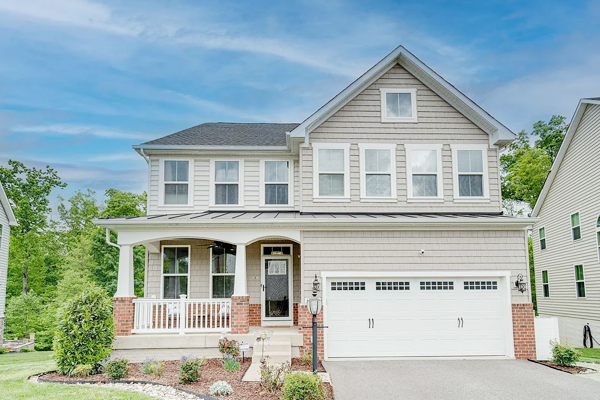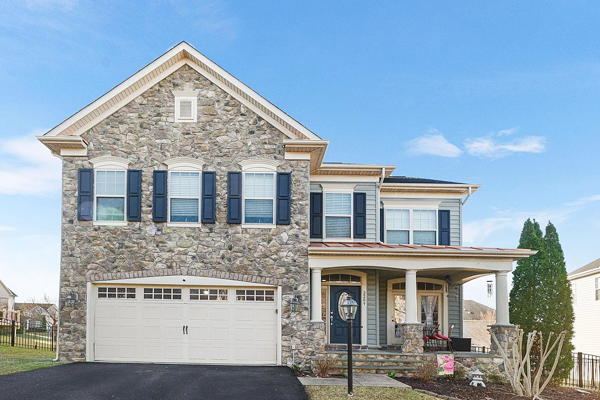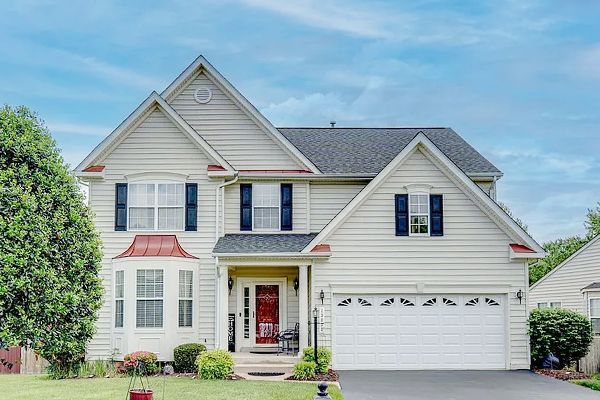How will Trumps election affect the DMV Housing Market?!?
Discover how election outcomes could impact home prices, inventory, and whether now’s the time to buy or sell in the local DMV market.
Let’s Explore Your Selling Options. We will help you sell your home at the price and terms you want. Free Strategy Call
You’ve probably asked yourself “How will the election affect the housing market?” I’ve been watching trends and drawing on what I know about real estate—both from a bird’s-eye view (macro) and right here in the DMV (micro). Today, I am going to give you a clear picture of what could be around the corner for homeowners and investors alike.
Macro vs. Micro. In real estate, “macro” means the big picture across the U.S., while “micro” is our local market, like the DMV. And here’s the truth: Real estate changes locally, not on a national scale. What happens in Texas might not hit home here because the DMV has its own unique vibe. I know this market well because I live, own, invest, buy, and sell here. So, my advice is local-focused, even though national policies can shake things up.
Low inventory keeps prices high. Let’s get into inventory. One of the biggest reasons why home prices are still up? Low inventory. Homes just aren’t popping up fast enough to keep up with demand. Now, Trump’s known for his interest in commercial real estate, and one trend I’m watching is the shift in remote work policies. If he’s back in office, federal employees may be asked to return to the office. This could hit D.C., Arlington, and nearby areas, where many have been working from home.
And here’s where it gets interesting. Many of those employees might decide they’d rather retire than start commuting again. That decision could add homes to the market, increasing inventory, which might mean lower prices. This isn’t a sure thing, but it’s a trend worth watching.
Investment properties. Here’s a thought for current and future property investors. Investment properties bring some incredible benefits: cash flow, appreciation, mortgage paydown, and tax breaks. During Trump’s first term, we had some great tax incentives for real estate. If those come back, it might make sense to sell smaller properties, like condos, and buy larger ones, like small apartment buildings or commercial spaces. Bigger properties give you all those benefits on a grander scale.
Labor market changes. Here’s another factor to consider: labor. Real estate relies on a huge labor force, often immigrants who build and fix our homes. If policies make it harder for them to stay here, we might see a shortage of workers. That could slow down construction and repairs, driving up costs. We’ve seen it before. Prince William County took a hit in home values after local immigration policies changed in the early 2000s.
No one knows for sure what’s coming, but based on the trends, these are the things I’m keeping an eye on. If you’re wondering how any of this might impact your buying, selling, or investing plans, give me a call or text at (571) 210-1818. I’m here to answer questions and offer guidance.
-
Let’s Explore Your Selling Options. We will help you sell your home at the price and terms you want. Free Strategy Call
-
Free Home Value Estimate. Know the value of your property for a cash offer or traditional listing. Request My Value
-
Looking for a Washington DC Home?. Search the entire MLS for your Washington DC home. Search MLS
-
Search Foreclosures. Access exclusive D.C. foreclosure listings. Search Now
-
FREE Audiobook. Get your FREE audiobook of "50 Things Your Real Estate Agent Should Tell You but Probably Won't". Download Now
-
Free Newsletter. Get our latest Q&A, insights, and market updates to make smarter decisions. Subscribe Now






